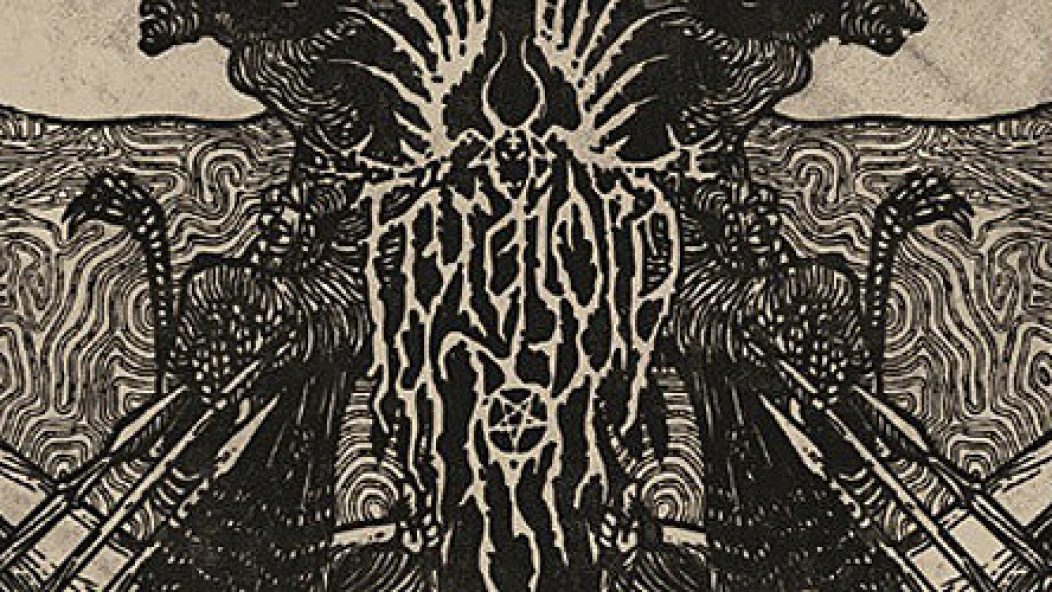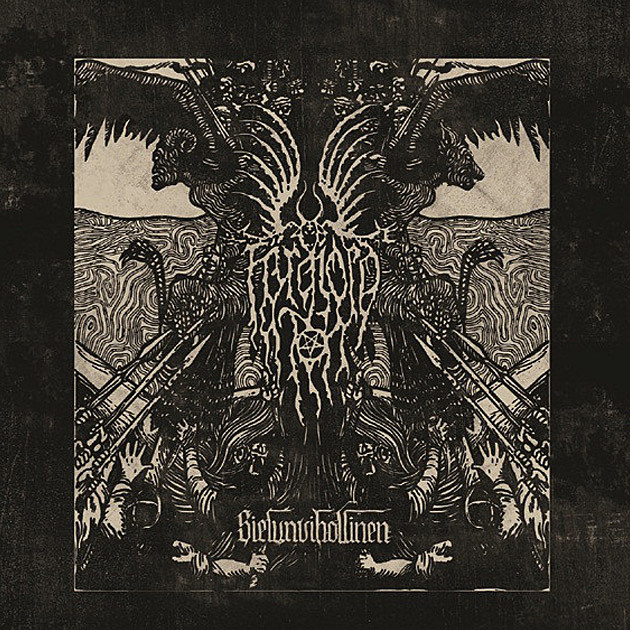
Förgjord – Sielunvihollinen
. . .
Production choices can say a lot about a band. Crystalline precision often signifies a desire to communicate — notes are clear because you want the listener to hear each and every note. For certain styles of technical metal, clean production is an unsubtle way of saying “look what I can do”, or “worship at the altar of my skills”. Mainstream metal can be similarly clear, but the production serves to hammer home the hooks, as if you could somehow miss an anthemic chorus that repeats 16 times.
Historically speaking, lo-fi production usually meant the band couldn’t afford anything better — they sounded like shit because they had no other option. As time marches on, technology follows suit, and it gets cheaper along the way. These days you can find professional recording software for practically nothing (see Reaper), and affordable amp and FX modeling gear can sound surprisingly good. For most bands of the modern age, sounding like shit is a choice. Bands may have varying reasons as to why they choose the lo-fi route – in order to create atmosphere and mystery, to obscure mediocre playing, or to emulate the clatter of the lo-fi originators and their primitive gear – but the art of sounding like shit is alive and well in 2012.
On Sielunvihollinen, Förgjord take an interesting approach: by harnessing the un-power of horrendous production, they effectively subvert the ambition of their own songs. Guitars sound like dying transistor radios. Drums rattle along, perfectly capturing the ‘warmth’ of a concrete rehearsal space. The bass is actually audible (and distorted to hell), but it lacks any semblance of low end. “Sounds like raw black metal!”, you say. But the composition of these songs is at odds with their execution. Persistent threads of epic heavy metal pop up across the album, in both the song structures and the melodic composition. Slow, quasi-doom riffs break up long songs that extend through progression rather than repetition. Melodic guitars that may as well have been recorded inside a trashcan faintly underline otherwise blasting riffs.
What might sound cheesy with the weight of modern ‘crushing’ production here works as an interesting affectation, a new way of approaching familiar material. Listening to Förgjord, I keep thinking of Bathory in some imaginary transitional mode, though Sielunvihollinen sounds nothing like Blood Fire Death. Maybe it’s closer to the way Manilla Road play traditional heavy metal: epic ideas are kept in constant check by the feeble production, and somehow, it all works.
Förgjord may not smash expectations, but they’re not shy about experimentation, either. Droning organs and synths appear occasionally, most noticeably under the clean guitar intro of the final track, “Viimeinen Myrsky”, which lends some color to an otherwise grey record. The clean guitar passages might be the weakest point of the album; devoid of tone, and paired with especially loose drumming, these sections are a husk of something that might have been passable. Luckily, once the distortion kicks in it’s easy to forget the whimper before the storm.
I’m curious as to whether the different approaches taken towards production versus songwriting stem from the fact that Förgjord are a two-piece: I like to picture guitarist/bassist Valgrinder trying to squeeze in as many epic riffs as he can, while drummer/vocalist Prokrustes insists the record has too much “tone”. But whatever the reasons, however this thing came to exist and sound the way it does, at least the collision of songwriting and barrel-scraping production generates enough friction to give us some stirring material.
. . .
HEAR SIELUNVIHOLLINEN
. . .
Förgjord – “El Kuoleman Arvoinen”
. . .
. . .
Förgjord – “Niin Lihassa Kuin Veressä”
. . .
. . .
Förgjord – “Sudeksi Syntynyt”
. . .
BUY SIELUNVIHOLLINEN
Amazon (MP3)
Hammer of Hate (CD)
. . .











